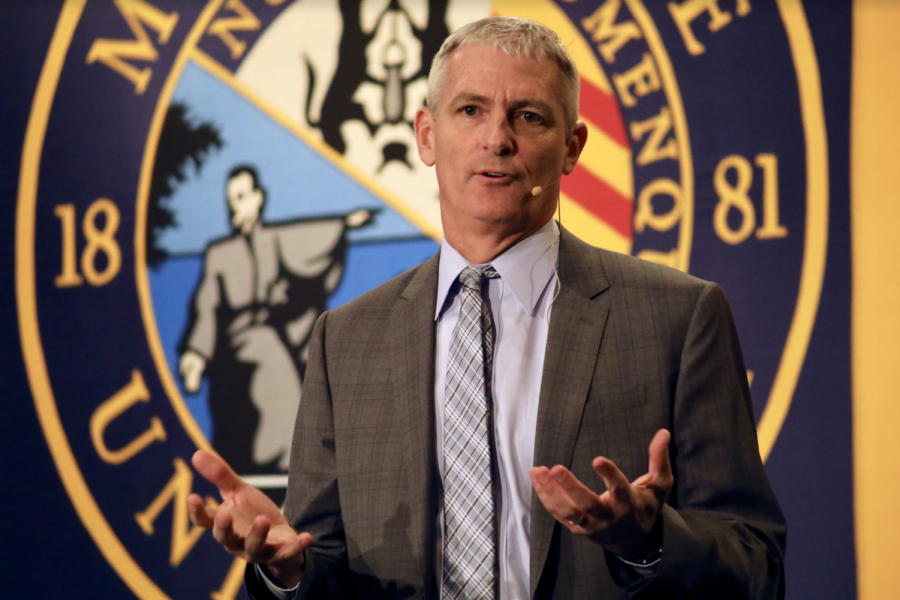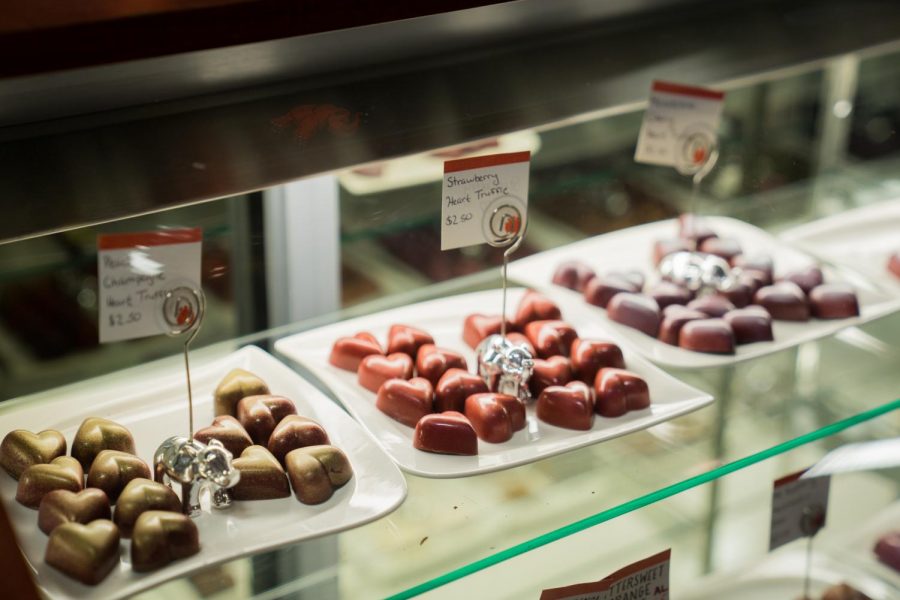
Newly released research based on a longitudinal study done in the United Kingdom suggests that smarter people are more likely to drink more alcohol, more often – though it doesn’t have local experts convinced.
According to the study, conducted by National Child Development Study in the U.K. and the National Longitudinal Study of Adolescent Health in the U.S., intelligence increases with drinking more frequently and in larger quantities.
The study evaluated British and Americans among the 20-, 30- and 40-year-old age brackets in categorizing individuals as “very bright” or “very dull” upon completing basic intelligence testing. Those results were then linked to the actual alcohol percentage the “very bright” and “very dull” people were consuming.
The findings concluded that very bright, or smarter individuals, consume nearly eight-tenths of a standard deviation, or 80 percent, more alcohol than their very dull peers.
Researchers are unsure of the findings in determining why smarter individuals would drink more but claim variables such as marital status, earnings, social class and education may have been influential factors.
Edward Blumenthal, an associate professor in the department of biological sciences, questions the accuracy in calling the findings a “study,” as such a title requires peer review in which there is evaluation by other scientists before being published. In these findings, the author wrote and edited blog posts which did not undergo this review and, therefore cannot necessarily be trusted, he said.
Blumenthal added that findings like these linking human intelligence to such factors have been quite controversial in the scientific world.
“What do we even mean by intelligence?” Blumenthal said. “There are many types of intelligence, and standard measures, such as the IQ test or even performance in school, are quite limited in what they actually measure. So one should be extremely cautious about any broad statements on human intelligence.”
Julia DeBella, a junior in the College of Business Administration, said the study seems to hold some truth when considering that college students across the country are often notorious drinkers.
“When you have a horrible week, (consuming alcohol) seems like the only way to relax and unwind by Thursday,” DeBella said. “We need to get our minds off of school and work.”
Blumenthal noted that it is important to understand the base of this study and not to construe any potential positives alcohol has.
“I would seriously doubt that alcohol or any other recreational drug could have positive impacts on intelligence,” Blumenthal said.
Blumenthal concluded that it is always important to assess studies via online reports.
“Even plenty of peer-reviewed studies have turned out to be false, but at least with a peer-reviewed result you start out knowing that someone else out there has looked at this study and signed off on it,” Blumenthal said. “There are lots of wonderful things about the Internet, but there’s also a lot of pseudoscientific nonsense out there.”


